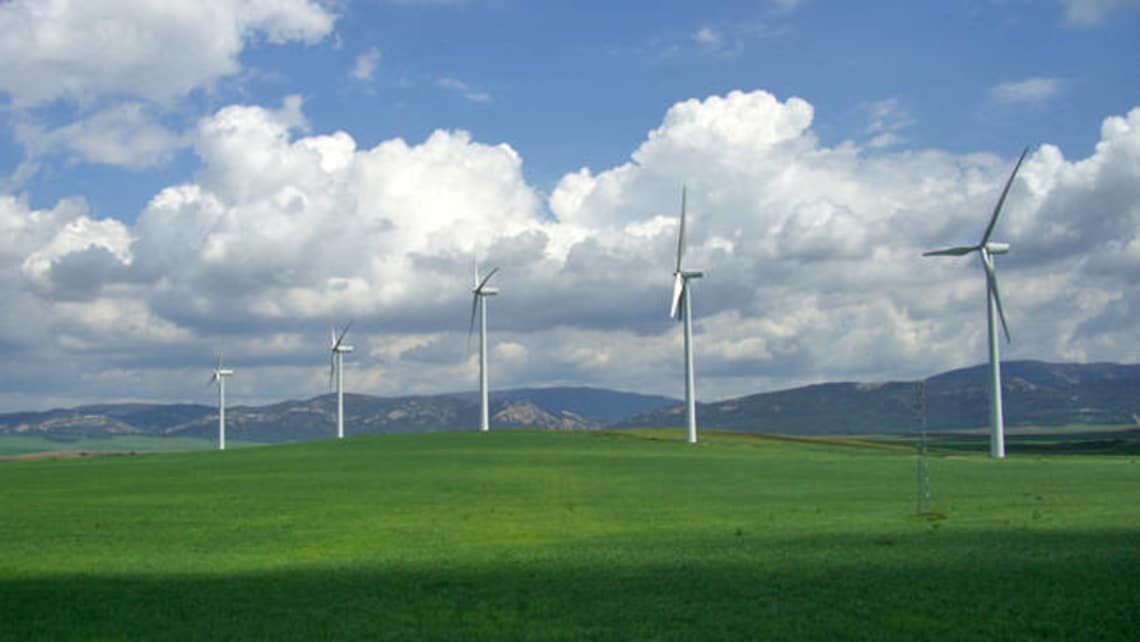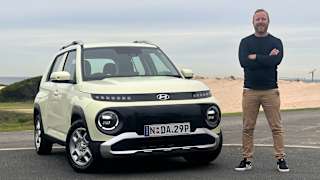
Volkswagen to spend $1.4b on green power

The plan by Europe's biggest carmaker includes wind farms and hydroelectric dams to help minimise its carbon dioxide emissions and trim the amount of energy required to produce each vehicle.
The investment comes as part of Volkwagen's push to reduce the environmental impact of its factories by 25 per cent by 2018 - the same year it aims to overtake Toyota as the world's biggest car producer. It will also give VW a supply of "zero-emission" energy for its fleet of electric vehicles due to go on sale next year.
The company's latest move is to extend its "Think Blue" environmental strategy - which has already led to more than 130 vehicles having CO2 emissions of less than 130g/km - to the factory floor. It is now investing in everything from extra insulation to cut heating and cooling costs to robots that automatically shut down during breaks and presses that use 40 per cent less energy than existing machines.
That program will involve more than $60 billion being spent on new plants and equipment across the globe. And it's not just altruism driving the program - Volkswagen sees major financial and marketing benefits in being an eco-carmaker.
"Sustainable, efficient production is a clear competitive advantage," VW board member Prof. Werner Neubauer says.
The VW Group sold more than 7.2 million cars in 2010 and forecasts sales of more than 10 million vehicles by 2018. VW's Chattanooga plant in the US last month became the first carmaking site to earn platinum Leadership in Energy and Environmental Design certification.
The Tennessee plant was purpose-built to save energy with features such as:
- 15cm of mineral rock wool insulation, resulting in 720,000Kw savings a year.
- LED exterior lighting to reduce energy by 68 per cent and save up to 262,500KWh a year.
- Collected rainwater is reused to flush toilets and cool the welding machines Reflective white roof to reduce the "heat island effect" by up 10 degrees.
- Low-flow water fixtures and no-touch sensors throughout the plant reduce water usage by 30 per cent.
Similar technology will progressively be rolled out acress the company's global network of car production sites.








Comments